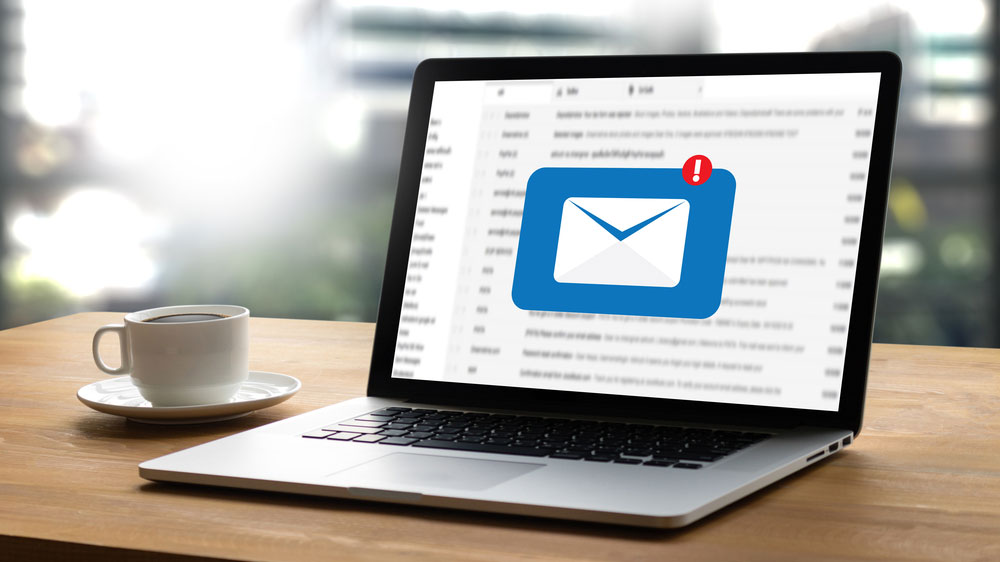Over 180 million email accounts have been leaked — check to see if yours is on the list
If so, you're going to want to change your password ASAP

For years now, Have I Been Pwned has been the go-to place to check if your email address has been involved in a data breach or leak, and this week the site added a whopping 183 million email accounts to its database with corresponding leaked login details. According to a recent update on its site, the leaked data that was recently posted online includes email addresses and their passwords, as well as the websites they’re associated with.
The posted data was collected with the assistance of Synthient, which is a cybersecurity platform and tool that helps detect and block bad actors online. The data was cleansed before inclusion into the database so that there were no duplicate entries, only unique addresses, at a total of 15.3 billion.
How did these accounts get breached? It looks like the data was mainly intercepted by info-stealing malware, which is specifically designed to collect data like passwords and funnel it back to hackers and threat actors. The stolen data can then be used for phishing and online scams or sold online on the dark web to other cybercriminals to use for those purposes or to perform other malicious actions.
How to stay safe from data leaks

One of the best way to stay protected is to check your email addresses on the Have I Been Pwned website to see if any of them have been involved in a breach. I checked one of the email addresses that I use for signing up for online shopping sites, newsletters and recipes and it had been breached 17 times.
The results on the Have I Been Pwned website are helpful since they’ll show which data leaks your email account was involved in, and what data was exposed in which breach. It also gives recommendations, but it shouldn’t be surprising that the first one is to change your password. And don’t forget to change the passwords of any accounts associated with the breached one. Remember, you can always use one of the best password managers to simplify this process while also keeping all of your exiting passwords safely secured.
The second recommendation is to enable two-factor authentication (2FA). Other ways to keep yourself safe online from any potential data leaks include removing old software from your computer and old apps from your phone, keeping your apps, software and operating system up to date by installing updates as soon as they become available, and signing up for the best identity theft services so you can be alerted when any suspicious activity involving your accounts occurs.
Have I Been Pwned also has a sign up which will alert you if your email address is compromised (again).
Get instant access to breaking news, the hottest reviews, great deals and helpful tips.
I know installing updates and changing your passwords can be annoying and feel tedious but taking the time and putting in the effort to do so can save you from a whole lot more hassle in the long run.
More from Tom's Guide
- 17 million hit in major lending company data breach — how to see if you're affected and what to do next
- Taxpayers targeted in new Inflation Refund text scam — what you need to know and how to stay safe
- Fake WhatsApp and TikTok apps are trying to fool Android users into downloading spyware — don't fall for this

Amber Bouman is the senior security editor at Tom's Guide where she writes about antivirus software, home security, identity theft and more. She has long had an interest in personal security, both online and off, and also has an appreciation for martial arts and edged weapons. With over two decades of experience working in tech journalism, Amber has written for a number of publications including PC World, Maximum PC, Tech Hive, and Engadget covering everything from smartphones to smart breast pumps.
You must confirm your public display name before commenting
Please logout and then login again, you will then be prompted to enter your display name.
 Club Benefits
Club Benefits





